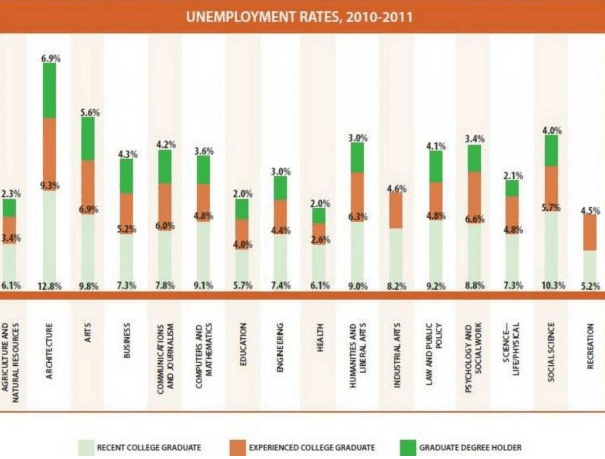By Gabe Nelson
 There are many reasons for someone to need to learn how to use a calculator. One of the main reasons to learn how to use a calculator better is testing, especially the SAT.
There are many reasons for someone to need to learn how to use a calculator. One of the main reasons to learn how to use a calculator better is testing, especially the SAT.
Many people just use the calculator they have built into their phones, but there are some tests that require a specific type of calculator. Experienced math geeks, teachers, and home tutors all know how important it is to know what type of calculator you are allowed to have before you go into a test.
Knowing these tips and tricks will help you in a test, and it’s important to know how to get around your calculator efficiently. All of these tips are things you will use and will help you get correct answers faster.
1. Double-Check
This might seem obvious, but it is an easy one to forget when you are focused on a test. There should be an entry line on your calculator where what you just typed appears. If there isn’t one, then get a different calculator.
Look at that line before you finish the equation. It is a very simple tip that can keep you from making unnecessary mistakes. It’s so easy to type numbers in the wring order by accident or hit the wrong key while you are moving quickly.
Double checking that all of your decimal points are in the right place can be the difference between a right answer and a wrong one. Getting a single thing wrong when you are typing in your equation could end in a wrong answer. Double-check before you finish and you should be fine.
2. Know Your Calculator
You know how sometimes you go to do something a little unprepared, but it’s okay because you can figure it out as you go? Calculators are not like that. If you go into a test without knowing what all the buttons on your calculator do, you are going to spend a lot of time wishing you had practiced.
Sometimes there is a specific button you have to push to make another button work the way you want it to. Maybe the sine button is in a whole different place than you have ever seen and it takes you precious moments to find.
Making sure you know how to use your calculator might be the most important tip on calculators there is. The calculators that are used during serious tests are so different than the ones on your phone or that you might have used before. Make sure you know how to use your testing calculator before you take it to a test.
3. Don’t Overdo It

You may have heard that there is a hack to solve every single math problem you will ever come across, and all you need is a powerful enough calculator. That might even be true. The problem would be the absurd amount of time it would take to type it out.
Because there are so many buttons and options and menu items on the more high tech calculators, it takes a lot of time to use them. Figuring out how to do a really complicated equation on your calculator could involve going between menus and pressing an absurd amount of buttons.
Sometimes it is better to put the calculator down and do it by hand. It is usually faster too if you are working on a big problem. Use your calculator for more simple problems you want to get through quickly.
Doing multiplication and division on your calculator makes sense. It helps you get the right answer immediately. Doing a whole equation with lots of parts is just a waste of time. Use your calculator for the problems it can solve faster than you, not just for every problem.
4. Program
One of the most important programs you need to make sure your calculator has is the system of linear equations program. It is going to make putting in a linear equation so much quicker and more simple, and is an invaluable system for students.
The system lets you type in linear equations, which are a key part of high school and college math. Knowing how to order the numbers and where to start is basically all Algebra I is. This calculator function lets you type in your equation as is and then it solves it.
It is not foolproof. You should make sure the answer makes sense when the calculator is done. You might even have to do some quick math to reorder the equation enough for the calculator to understand what you want. All of that is worth it to never have to go through a whole quadratic equation again.
5. Math Button
There should be a MATH button on your calculator, and it’s about to become your favorite button. The MATH button converts your decimals into fractions.
It can also convert fractions to decimals if your equation decides to do things that way. It can also cube for you. It can cube a basic number, it can cube a root, it can cube whatever you feel like cubing.
When you click the math button you are going to get the options FRAC and DEC so you can convert into fractions or decimals. You will never have to do that on paper again. Type in your numbers, press the best button on your calculator, and never have to do a conversion that annoying again.
Remember

Your calculator is one of the only things you can take with you to a test. It is on your side and there to help as long as you use it correctly. There is no need to panic about doing simple equations quickly when you have a calculator to help.
Knowing exactly how to use your calculator is going to get you pretty far. Going into a test confident in your tools is going to make you a bit calmer. It is also going to save you a lot of time panicking about not knowing how to use your calculator during your test.
Make sure you have the right calculator that will make the test more simple. Double-check everything you type in to avoid stupid mistakes. Remember to only use the calculator when it can solve a problem faster than you.










